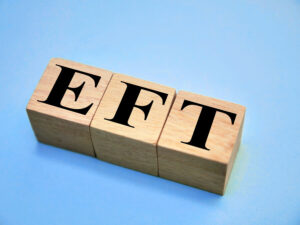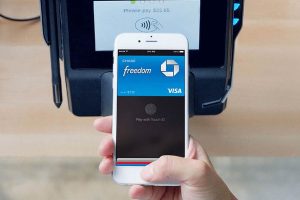In a nutshell, electronic fund transfer (EFT), sometimes called “pay by bank,” is a broad term used to classify all types of digital exchange of funds between two banks. While EFTs are generally slower to process than card payments, EFT payments (such as ACH and e-checks) are cheaper and equally secure as card payment transactions….
What is
Closing Journal Entries: Definition, Process & Example
What are closing entries in accounting? Closing entries are journal entries that reduce the balances of all revenue and expense accounts to zero. Since income statement accounts are temporary accounts, their balances don’t transfer from one accounting period to another. Instead, they always start each period at a zero balance by debiting revenue and crediting…
What Are Interchange Fees? Credit Card Interchange Rates Explained
Interchange fees are costs merchants pay to accept and process credit and debit card payments. They consist of a small fixed fee plus a percentage of total sales, set by card networks (Visa, Mastercard, Discover, American Express) to cover the costs and risks associated with processing card transactions. Typical interchange fees range from 1.29%-3.5%. How…
What Is Return Fraud? A Small Business Guide
Return fraud, also called refund fraud or refund theft, is the deceptive practice of returning merchandise or abusing a return/refund process for monetary gain. In 2023, retail return fraud cost up to $101 billion in total losses, and every $100 of returned merchandise resulted in a loss of around $13.70 for retailers. Businesses need to…
What Is Supplier Relationship Management? Why & How to Do It
Supplier relationship management (SRM) is the set of practices and approaches that a business uses to create and maintain a friendly, productive relationship with its suppliers. The purpose of building a good relationship with suppliers is to increase the efficiency and reliability of your inventory flow, purchasing operations, and product sourcing—reducing overall costs and wasted…
What Is an NFC Payment & How Does It Work?
NFC payments are contactless payments that use near-field communication (NFC) technology to exchange data between readers and payment devices—like Apple Pay and Google Pay e-wallets in smartphones and wearables or tap-to-pay credit and debit cards. NFC payments (often called “tap-to-pay” or simply “tap” transactions) are widely used because they are contactless, encrypted, and highly secure….
Business Vehicle Depreciation for Cars, SUVs, Vans & Trucks
Business vehicle depreciation is severely limited for cars, smaller SUVs, trucks, and vans with an unloaded weight of under 6,000 pounds. Any vehicle with a personal-use nature is listed property, which eliminates section 179 and bonus depreciation and reduces MACRS depreciation to straight-line if the business use is 50% or less. Considerations for Business Vehicle…
What Is a Business Certificate of Deposit: A Beginner’s Guide
A business certificate of deposit (CD) is a time-deposit savings account that offers fixed interest for a set period. This low-risk option helps businesses earn competitive interest and protect their funds since most CDs are insured by the Federal Deposit Insured Corp (FDIC). Compared to other traditional savings and money market accounts, CDs tend to…







